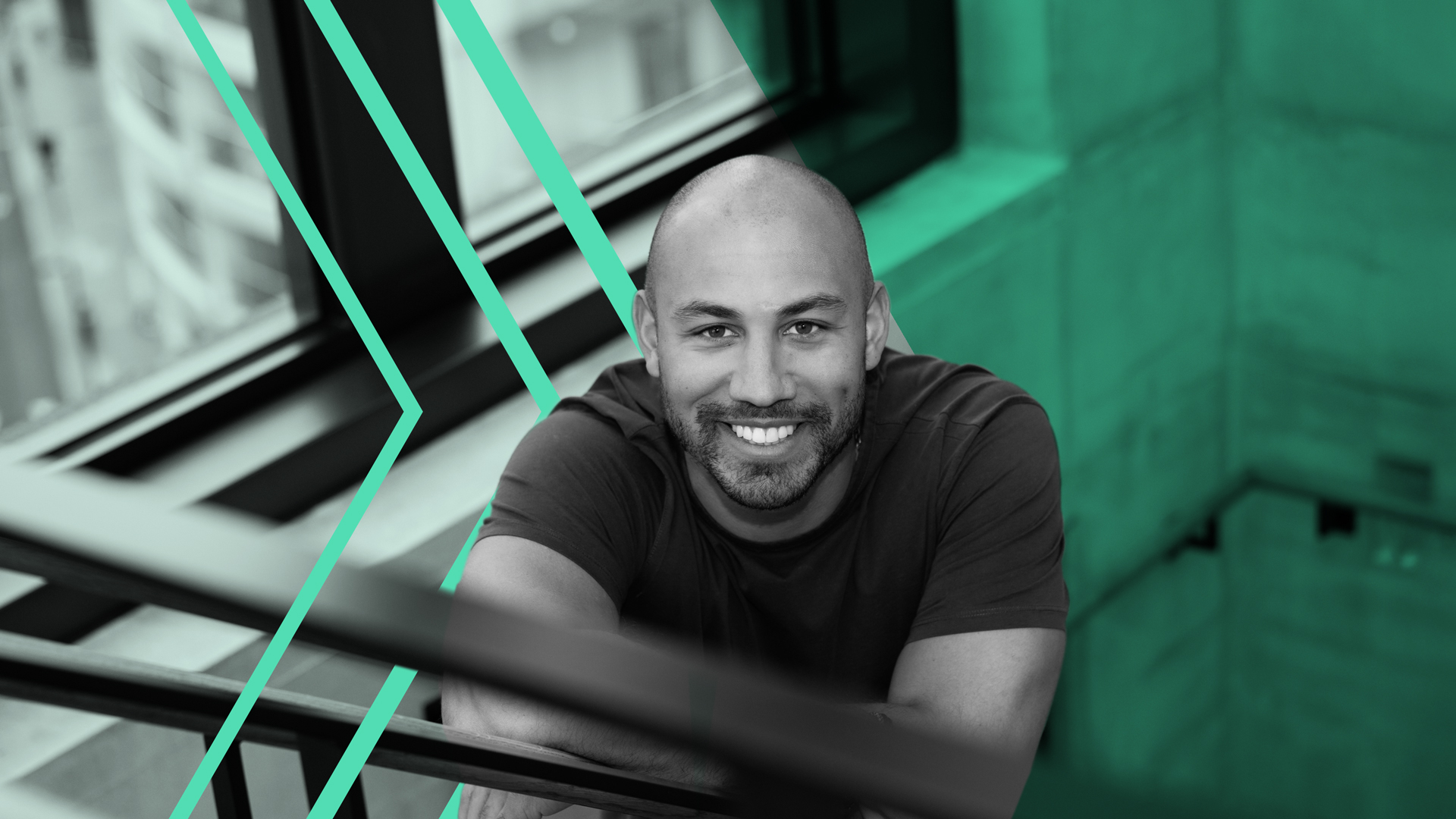
In 1989, Mark Dixon had an idea. The traditional office didn’t work for many businesses and they needed something more flexible. More than 30 years later, he has been proved right. IWG, the business he founded, is now worth more than £2bn and runs 4,000 serviced offices around the world, which millions of people use to do their jobs as flexible working has taken off.
But it has been a challenging and sometimes lonely battle to get IWG to this point. This is a story that involves periods of rapid expansion, harsh downturns and even Chapter 11 bankruptcy. At times, IWG faced cash strain, evolving competition and the difficulty of adapting to changing workplace norms. Dixon candidly reflects on how flexible work — once a niche experiment — has become mainstream, especially post-pandemic.
In this episode, Dixon also discusses his leadership style, his willingness to pivot and the resilience required to steer a global workplace business in volatile times. He also considers how hybrid and remote work models are rewriting real estate, culture and the future of how (and where) people work.
Key takeaways
- Long-term vision wins: Dixon envisaged the flexibility trend long before it became fashionable, giving IWG a strategic head start.
- Failure is part of the journey: The business weathered bankruptcy and financial distress, but used those crises to reshape and refocus.
- Adapt or perish: IWG had to change its model multiple times in response to shifting demand, tech, and workplace norms.
- Leadership through turbulence: Honest reflection, decisive pivots, and frank communication were central to managing growth and adversity.
- Work is being redefined: Hybrid and flexible working aren’t temporary trends — they’re structural shifts that businesses must embrace.
Related and recommended

Sponsored content: As generative AI use surges, organisations must manage copyright and data risks through clear policies, licensing and responsible content use

Artificial intelligence can reconfigure and connect existing knowledge, but it can’t create something new on its own - that’s for people

Oliver Kent-Braham, one of the twins behind the fintech unicorn Marshmallow, applied his early success in tennis to building one of the UK’s fastest-growing companies

From Premier League glory to blockbuster boxing, these companies have all posted knockout growth over the past three years

